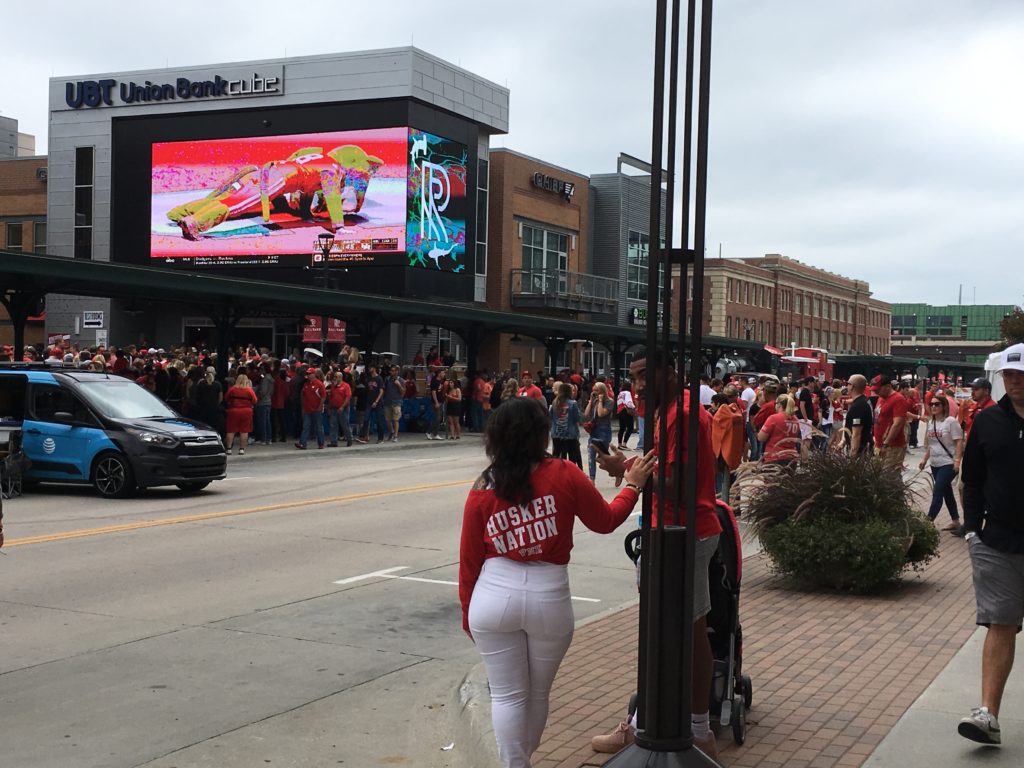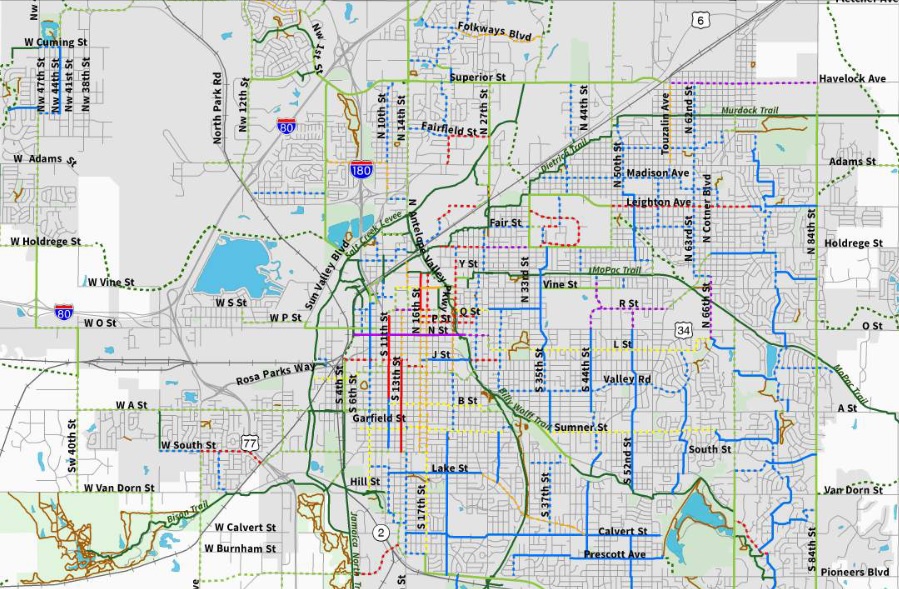Have you been reading about how some cities are reclaiming lanes and entire streets for public use during the pandemic? It is said that every major calamity provides lessons in better city planning. Cities around the world have been getting creative about how to give residents more room to socially distance, and not have to go into traffic to do it. Many cities, like Berlin, Mexico City, Vilnius, Milan and Budapest, have taken measures to take back public spaces from auto traffic. It’s becoming increasingly clear that outdoor spaces are less likely to transmit Covid-19 than indoor spaces. Restaurants, looking for ways to increase space around their diners and be safer for their staff, are expanding tables into the streets, and in some places, parks.

The French government is going a step further and offering bicyclists 50 Euros toward bike shop repairs, safety equipment, accessories, and coaching. The Mayor of Paris was already promoting an ambitious plan to increase bicycle usage before the pandemic, modifying 400 miles of roadway, especially in congested urban areas.

U.S. cities are also noticing the uptick in cycling and are planning similar “slow streets” measures by closing streets to through traffic. “A dozen or so cities have shut down sections of their streets to vehicles, and more may be poised to follow suit, according to Ken McLeod, policy director for the League of American Bicyclists. These cities include Oakland, New York City, Denver, Portland, Burlington, and Madison. In Denver, officials announced the closures of stretches of eight roads totaling about 5.5 miles in early April. Heather Burke, spokesperson for the city’s department of transportation, says residents welcomed the change: “People were really excited and appreciated the extra space to get outside for a walk, bike ride or fresh air during this pandemic.” Also, “It appears that the trend will spread in coming months. … transportation officials from several cities are also interested in implementing slow streets, and doing so in a way that would fit into their long-term plans to reduce car traffic. These cities include Lincoln, Nebraska, Memphis, Tennessee, and Columbus, Ohio. Chief among officials’ concerns is that continued social distancing will reduce public transit use, and further increase dependence on cars as a result. “That’s a problem for cities because many [of them] were already at gridlock transportation before COVID-19. And so the thought of having even five to 15 percent more cars on the road is a really scary proposition.” Read about it yourself at http://www.popsci.com/story/environment/city-shutdowns-covid-bike-lanes/, and https://www.bicycling.com/news/a32369097/france-bike-repairs-50-euros/
It’s exciting to see that something good could come out of this, but only if we make it so. The bike boom of the early ’70’s didn’t stick around, and we lost a golden opportunity to expand bicycle infrastructure. Will we be able to build momentum and keep it this time?
